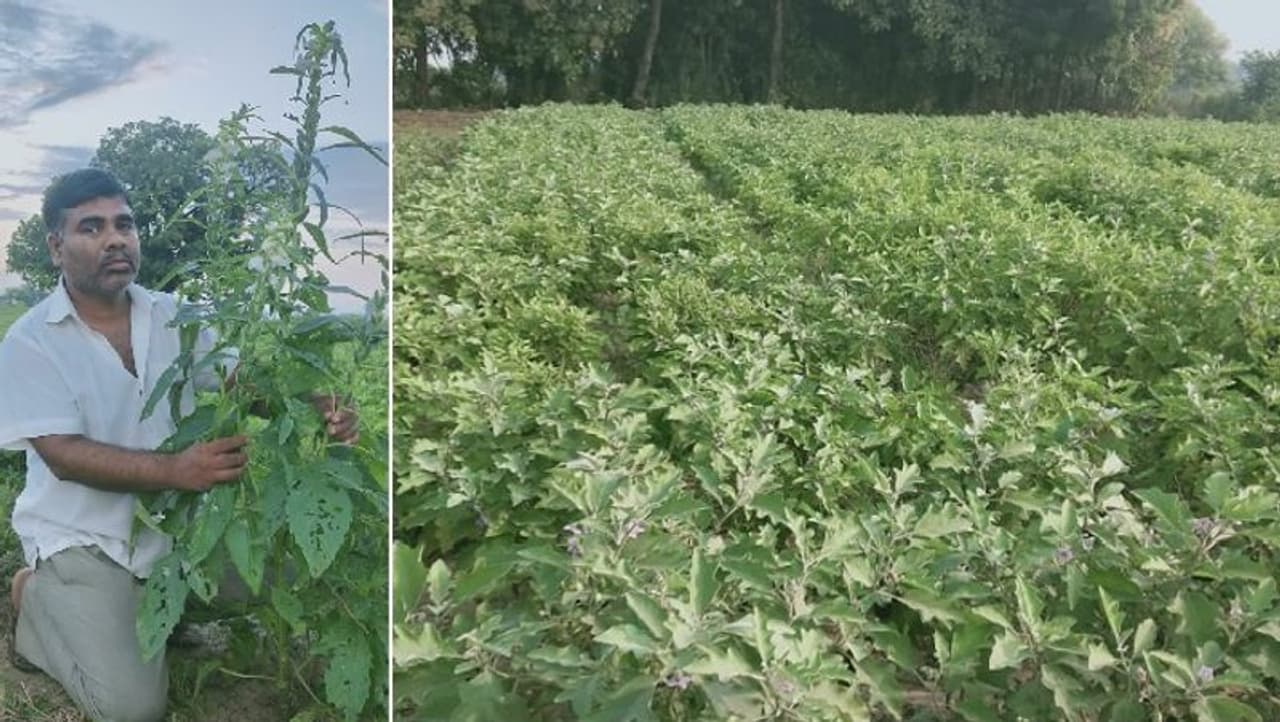In the year 2016, Dharmendra Kumar Namdev began experimenting with natural farming to promote better health and address the issue of stray cattle simultaneously. Initially, he faced challenges in convincing the farmers in adopting natural farming methods but eventually gained support of many.
Lucknow: Dharmendra Kumar Namdev, a resident of Chirgaon in Jhansi, Uttar Pradesh, works as a teacher at a junior school. One day, a stray animal suddenly jumped in front of his vehicle on the road, narrowly avoiding a major accident. This incident deeply saddened him. He reflected on what had happened and decided to find a solution. In the year 2016, he began experimenting with natural farming to promote better health and address the issue of stray cattle simultaneously.
Finding solutions
In the beginning, Dharmendra Namdev encouraged the local farmers to replace chemical fertilizers with cow dung manure in their fields. However, the farmers did not follow these practices as the produce was significantly less than the normal produce. Namdev began developing better alternatives and created a solution using cow urine and gram flour.
Natural farming methods
Dharmendra experimented with using a mixture of cow urine and water for better production in the fields. This had a positive impact on plants like peas, coriander, brinjal, okra, and pulses. Withing six months, even the colour of the soil significantly improved. He learned that these natural farming methods not only improved crop yield but also enhanced the natural taste of vegetables.

Improved crop production
Dharmendra’s crops were examined by AR Sharma, the Director of Research at Rani Lakshmibai Agricultural University. He assessed the quality of the crops and found the use of cow urine truly remarkable. The officials from the agricultural department assert that cow urine in farming reduces the crop costs and enhances soil quality. Initially, farmers may observe a decrease in production, but the transition will only benefit them in the long run. Chemical-free farming contributes to the production of nutritious and flavourful crops.
For better health
Furthermore, Dharmendra highlights more benefits of using cow urine in the fields. Regular use of cow urine can lead to microorganisms fostering soil health and increasing crop yield. Additionally, it can also improve the fertility of the soil. Consuming grains cultivated through this method also reduces the risk of suffering from incurable diseases.
